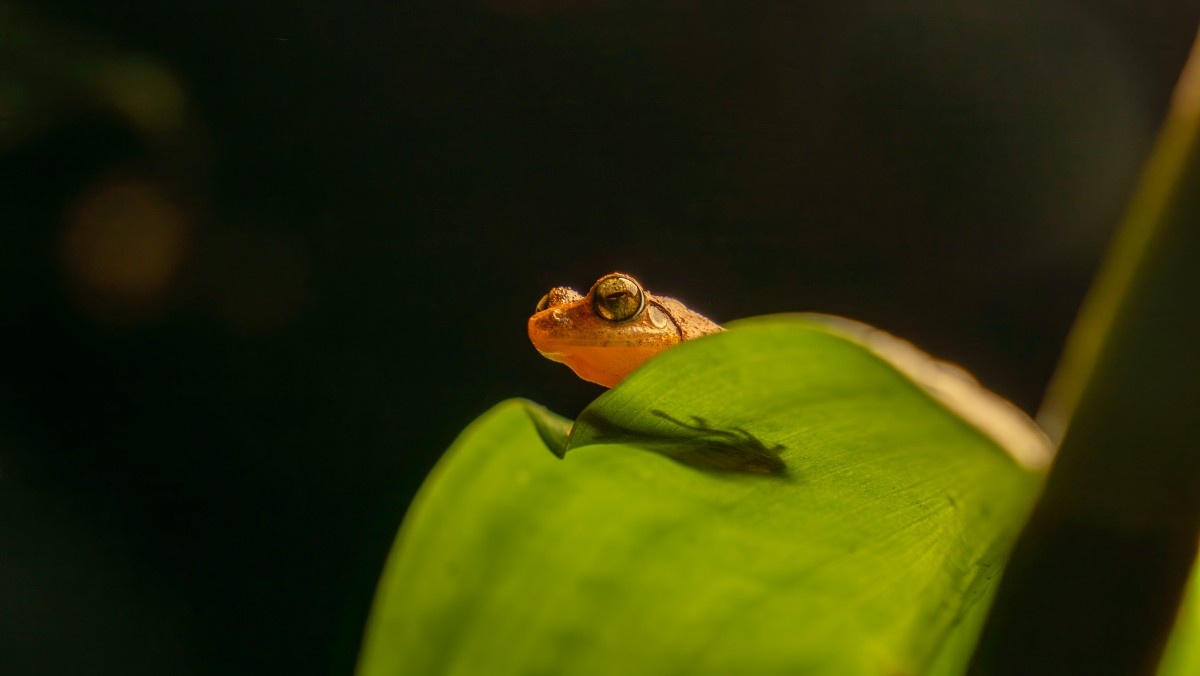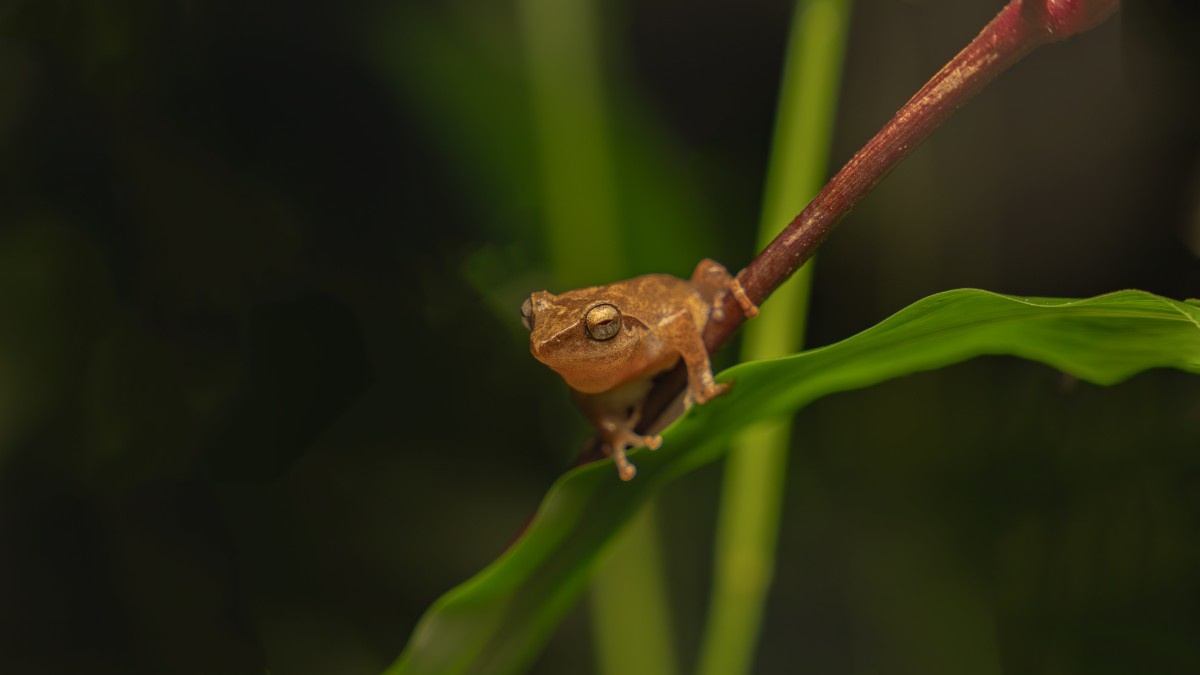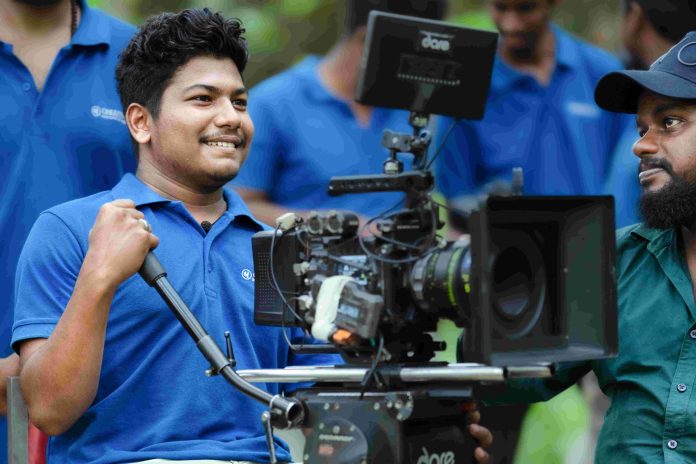Vibrant orange frogs in photography highlight beauty and conservation needs.
Among the most amazing species in the world of amphibians, or amphibiography in general, are frogs.These amphibians have been doing really great in adapting to the numerous habitats around the world. As a result, orange frog photos stand out in nature with their vividly colored structure. For a long time, wildlife photographers have been deeply enthralled by these colorful creatures. Consequently, they have passionately captured their magnificence in great pictures, showcasing their beauty and uniqueness to the world.

Bubble Bliss A bubble-necked frog perches on a leaf.
The golden poison dart frog and the buffer frog are among the six extraordinary orange frogs that people widely recognize. Because of their bright colors and unique features, photographers often prefer capturing them. Typically, these frogs thrive near tropical lakes or in dense jungles, where their striking orange color beautifully contrasts with the lush green surroundings. Through wildlife photography, photographers actively showcase these fascinating amphibians, highlighting the diverse range of habitats they call home.

Leafy Rest A peaceful moment in nature’s gentle embrace

Restful Perch A quiet escape in nature’s calming embrace
In the wild, orange frog photographs display colors ranging from pale peach to deep orange. Moreover, endangered species photography is important as it helps raise awareness about their conservation. Interestingly, their beautiful color serves as a defense mechanism while also providing photographers with stunning, picture-worthy images. However, tracking these elusive amphibians requires both time and skill, making each captured shot even more valuable.

Frog Focus A moment of curiosity, where nature captures the attention

Focused Gaze A frog’s intense attention, curious and alert in its surroundings.
In addition to being able to view these creatures, amphibiography underscores the need to conserve. Photographs of frogs clearly make people realize just how fragile ecosystems are. Therefore, to ensure future generations can experience and protect these vibrant amphibians, we must actively protect such species.

Curious gaze Frog watching something intently nearby
Copyrights All the photos and text in this post are copyright of Arjun J Nair and Creative Hut Institute of Photography and film . Their reproduction, full or part, is forbidden without the explicit approval of the rightful owners.


